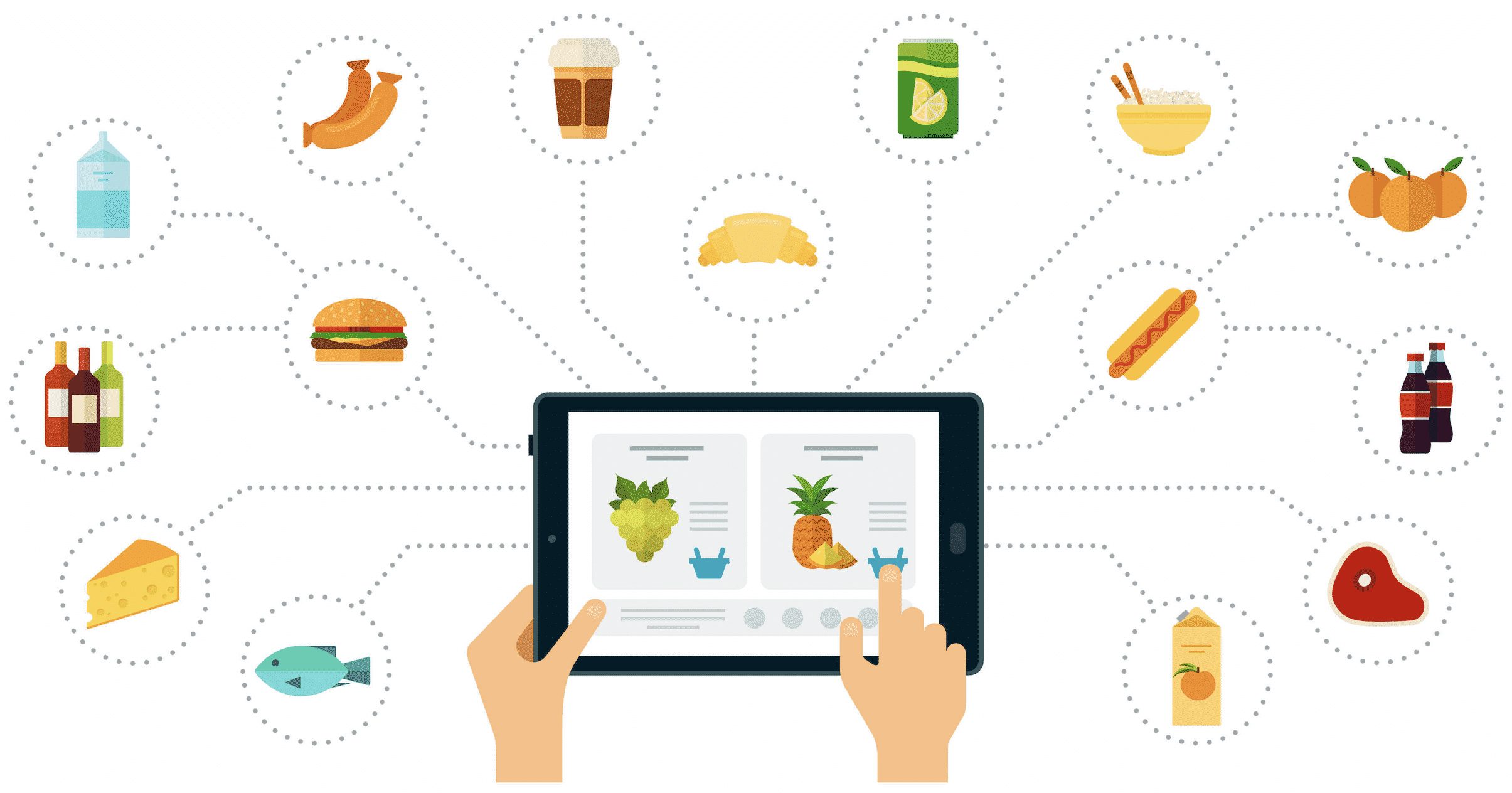Erik Wallin
Mar 5, 2021
Investment is pouring into the online grocery shopping. Xingsheng Youxuan, the Chinese online grocer app, has turned heads with a $2 billion raise. In the UK, Weezy has raised $21 million for grocery delivery. Over in Germany, Gorillas has raised $44 million. Instacart, in the US, has not just raised $425 million, but has also been valued at $39 billion. However, it takes more than capital to win over shoppers.
Earning shoppers' loyalty
Erik Wallin, Northfork's CEO, points out that spending money on poor user experiences will repel shoppers rather than win their trust:
"Simply adding a buy button to a recipe creates a poor user experience. Sadly, many publishers, CPGs and retailers have done just that. This has created a legacy of poor user experiences, making it difficult for the industry to use recipe shopping as in inspirational tool to drive up cart value and loyalty."
As Kevin Yu, founder & CEO of SideChef points out:
"Poor user experiences are like fake news... it can cause doubt and mistrust of an otherwise scientifically or data backed solution."
Confronting the past
The opportunity for retailers, publishers and brands to pool their resources right now is huge. By harnessing technology, they have the potential to create a next generation grocery shopping experience. But that experience needs to be spot on.
The industry must confront the pain points of the past and reignite shoppers' imaginations. Amer Mohammed, Chief Digital Officer at Coop, points out the value of moving at speed in order to do so:
"If a project isn’t quite right the first time around, that just means there are learning points to incorporate into the next version. It’s the reality of delivering the project and analysing its impact that helps drive further innovation."
As people stick with shopping for food online, money will continue to pour into the online grocery space. While it does, retailers and publishers will continue their efforts to innovate. The Spoon's Chris Albrecht observes:
"Online grocery is projected to hit $250 billion and take up 21.5 percent of total grocery sales by 2025. So online grocery startups are bolstering their warchests to expand their footprints while industry stalwarts invest to solidify their leading positions."
This is leading to both social commerce and dynamic recipe shopping evolving. In 2021, it will be the companies that take a consumer-centric approach that outpace the market.

